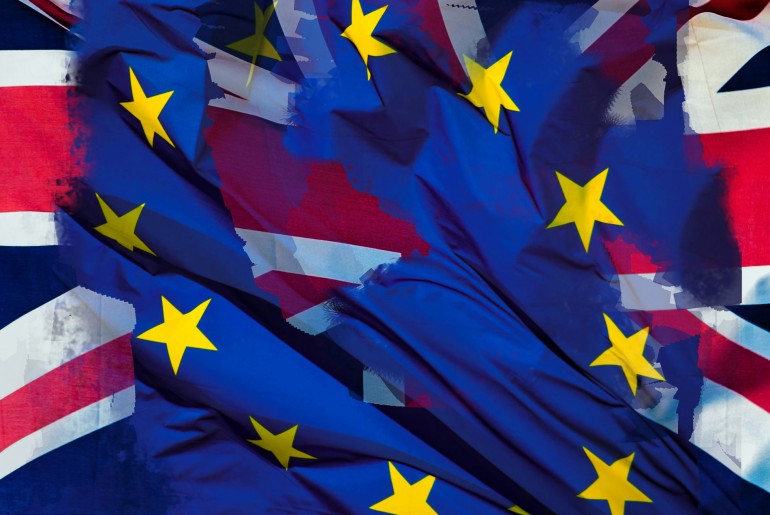British expats who are planning to return to the UK in the wake of Brexit are set to place extra pressure on the already overstretched NHS, potentially doubling the country’s current care costs, a new report claims.
This is according to the Nuffield Trust, which believes Britain may be forced to spend as much as £1 billion per year on treating returned expats on the NHS. At the moment, the UK provides around £500 million each year to countries in the EU that care for retired expats, so this outgoing could double.
If this is the case, extra financial strain will be placed on the health service, but what does the forecast look like for expats who are planning to remain overseas after Britain formally separates itself from the EU? Financial challenges are likely to be seen here too.

To begin with, the value of the pound has fluctuated significantly since the result of the referendum was announced 12 months ago. As a result, the value of expats’ pension pots has fallen, with this only likely to continue as Brexit negotiations progress.
What’s more, the future of uprating has been brought into question. Uprating is the process where the value of people’s pensions is increased each year in line with inflation, but with the uncertain economy affecting inflation rates, this may not necessarily be the case in the future. Individual deals would need to be struck between the UK and each remaining EU member state with regard to uprating.
While this issue remains clouded in uncertainty, many British expats are choosing to move their finances out of the UK to their new home country. Those that opt to do this via a bank could find themselves facing significant charges, but using an international money transferring service is safer, more secure and a cheaper alternative.
This could also be a smart move for those concerned about future healthcare access and costs. With the Nuffield Trust warning that expats returning to the UK will pile greater pressure on the NHS, many may prefer to move their finances abroad to provide themselves with extra financial protection if they require healthcare overseas.
Doing this may be of paramount importance, as several of the EU member states that have expressed disappointment with Britain’s decision to leave the union have suggested that they will be restricting or cutting off access to the free universal healthcare that expats living in some countries are currently entitled to.
In addition, the ever-fluctuating value of the pound in comparison to the euro is most likely going to make everyday living costs higher for British expats once the reality of Brexit becomes clearer. As a result, the price of everything from food to utility bills and from car finance deals to hiring home carers could rise dramatically, perhaps even overnight.
Therefore, with all of this in mind, it’s vital that expats are thinking seriously about how they want to look after their money in the future and protect their assets, particularly when it comes to their retirement funds, which will have been built up over a lifetime of hard work.










Comments are closed.